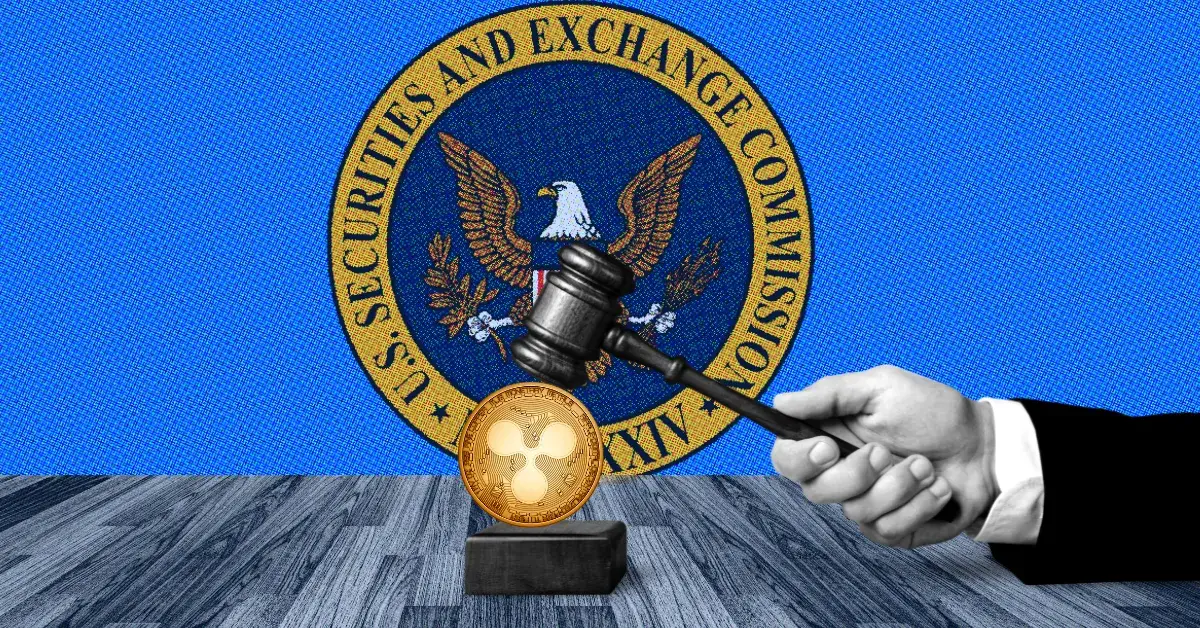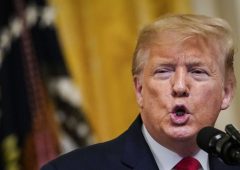Ripple vs. SEC: Delays Loom, But Regulatory Impact Grows
20.01.2025 17:00 2 min. read Alexander Stefanov
The Ripple vs. SEC lawsuit continues to capture the crypto community’s attention, even as excitement builds around Donald Trump’s TRUMP memecoin launch.
With Trump’s inauguration and the appointment of a new SEC Chair, many in the XRP community are hopeful for progress in the case, though legal experts warn of potential delays.
Securities attorney Marc Fagel predicts the lawsuit could drag on for another 10 months. However, with the incoming administration under President Trump, there is speculation that a settlement could be expedited if the new SEC leadership, potentially Paul Atkins, decides to drop the appeal.
This renewed focus on the case emerged alongside debates around Trump’s memecoin. While some, including Eric Trump, celebrated the token’s launch, Fagel criticized it as a “pyramid scheme.” Discussions quickly expanded to broader topics, such as crypto regulations and high-profile disputes involving Ripple and Elon Musk.
The resolution of the Ripple case could significantly influence the regulatory landscape. A win for Ripple might set a legal precedent for classifying digital assets as non-securities, potentially easing regulatory challenges for the industry. On the other hand, a loss could lead to stricter oversight, complicating the future for cryptocurrencies.
The ongoing case highlights the growing need for clear regulatory frameworks, with many urging Congress to address the gaps exposed by high-profile crypto developments like memecoin launches. As the case unfolds, its outcome could play a pivotal role in shaping the future of digital assets.
-
1
SoFi Returns to Crypto with Trading, Staking, and Blockchain Transfers
27.06.2025 8:00 1 min. read -
2
GENIUS Act Could Reshape Legal Battle over TerraUSD and LUNA Tokens
30.06.2025 9:00 1 min. read -
3
Whales Buy the Dip as Retail Panics: This Week in Crypto
29.06.2025 14:00 3 min. read -
4
History Shows War Panic Selling Hurts Crypto Traders
28.06.2025 18:30 3 min. read -
5
JPMorgan CEO Jamie Dimon Comments Stablecoins
16.07.2025 10:00 2 min. read
PayPal Expands PYUSD to Arbitrum in Latest Blockchain Push
PayPal has expanded its stablecoin, PayPal USD (PYUSD), to the Arbitrum network, marking a key step in its strategy to integrate with faster, more cost-efficient blockchain infrastructure.
Citigroup Explores Launching Stablecoin as Banks Embrace Crypto Shift
Citigroup is evaluating the potential launch of its own U.S. dollar-backed stablecoin, signaling a growing shift in sentiment among traditional financial institutions toward digital assets.
JPMorgan CEO Jamie Dimon Comments Stablecoins
JPMorgan Chase CEO Jamie Dimon remains skeptical of stablecoins—but says ignoring them isn’t an option for the world’s most powerful bank.
Crypto Cycles are Evolving: Analyst Explains Why Old Patterns no Longer Work
According to crypto analyst Atlas, the traditional four-year cycle that once defined Bitcoin and altcoin market behavior is now obsolete.
-
1
SoFi Returns to Crypto with Trading, Staking, and Blockchain Transfers
27.06.2025 8:00 1 min. read -
2
GENIUS Act Could Reshape Legal Battle over TerraUSD and LUNA Tokens
30.06.2025 9:00 1 min. read -
3
Whales Buy the Dip as Retail Panics: This Week in Crypto
29.06.2025 14:00 3 min. read -
4
History Shows War Panic Selling Hurts Crypto Traders
28.06.2025 18:30 3 min. read -
5
JPMorgan CEO Jamie Dimon Comments Stablecoins
16.07.2025 10:00 2 min. read


